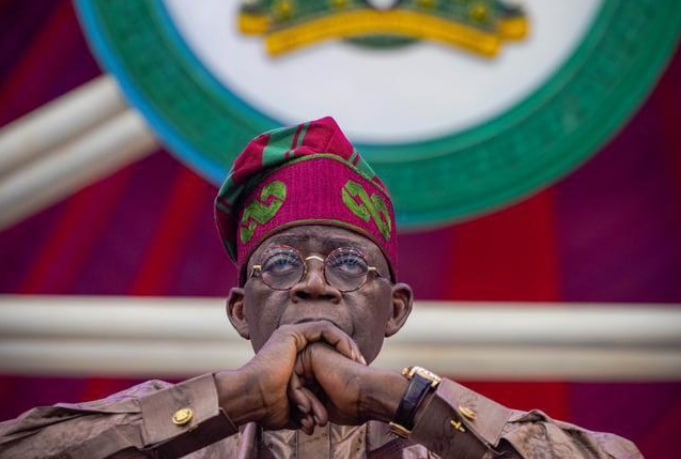News
Govt Unveils 11 Economic Priority Areas

– Federal government has designed 11 economic priority areas
– Finance minister, Zainab Ahmed, made this known on Wednesday, September 5
– Ahmed also gave assurance that budget 2020 will be submitted to the National Assembly by the end of this month
Finance minister, Zainab Ahmed, on Wednesday, September 5, said the federal government has designed 11 economic priority areas.
She also gave assurance that budget 2020 will be submitted to the National Assembly by the end of this month.
In her opening remarks at a high-level roundtable on National Donor Coordination in Abuja which resulted in the decision to create a Donor Coordinating Unit, she said the area of economic and governance reforms, the government will focus on macro-economic stability through coordinated economic, monetary, fiscal and trade policies; fight corruption and improve governance.
READ ALSO: NANS To South African Nationals: Leave Nigeria Before Monday
In the area of enhanced investments in physical infrastructure, human capital development to spur job creation and economic growth, Ahmed said government will target improved health, “education and productivity of Nigerians; ensure energy sufficiency with power; ensure energy sufficiency with petroleum products; improve transportation and other infrastructure; and drive industrialisation, focusing on micro, small and medium (MSMEs).”
To optimize investments in physical security and food security to drive inclusive socio-economic development, Ahmed outlined the following economic agenda the government will pursue: Improved security for all citizens; enhance agriculture self-sufficiency to achieve food security; enhance social inclusion by scaling-up social investments; and improve access to mass housing and consumer credit to enhance financial inclusion.
Speaking on the activities of donor agencies and the creation of a coordinating unit on donor programmes.
Ahmed said: “The need for a government-driven national donor coordination mechanism cannot be overemphasized in that a well-structured approach is key to ensuring that external financing is maximised and of benefit to Nigerians.”
She said there was need to “work together to put in place a National Donor Coordination Mechanism that is aligned to government’s key strategic priority areas as set out in our national plans, policies and annual budgets. While government led, this process must be collaborative in order to succeed.”
To give effect to this direction, Ahmed said: “We will be engaging towards setting up a Donor Coordination Unit (DCU) to be chaired by the Minister of Finance, Budget and National Planning, and cochaired by the Minister of State, Budget and National Planning, and the Chair(s)of the Donors Coordination Committee.
“We will task the DCU to develop a road map toward setting up a Multi-Donor Trust Fund, to be managed by the World Bank, which will pool donor funds to enhance transparency and accountability.
PAY ATTENTION: Like our Facebook page to stay connected to us
“Aid is most effective when it is well-coordinated, with mutual accountability mechanisms for government and donors. Above all else, it must be aligned with government’s strategic development priorities.”
She said government has “made some progress in coordinating aid in specific areas, such as in the Northeast intervention, and the Social Investment Programmes , we still have a long way to go in ensuring a government-led mutual accountability framework for aid coordination in Nigeria.”
She said for the donor initiave to succeed, there must be a governmentowned and driven aid management process.
Advertise or Publish a Story on EkoHot Blog:
Kindly contact us at [email protected]. Breaking stories should be sent to the above email and substantiated with pictorial evidence.
Citizen journalists will receive a token as data incentive.
Call or Whatsapp: 0803 561 7233, 0703 414 5611
















